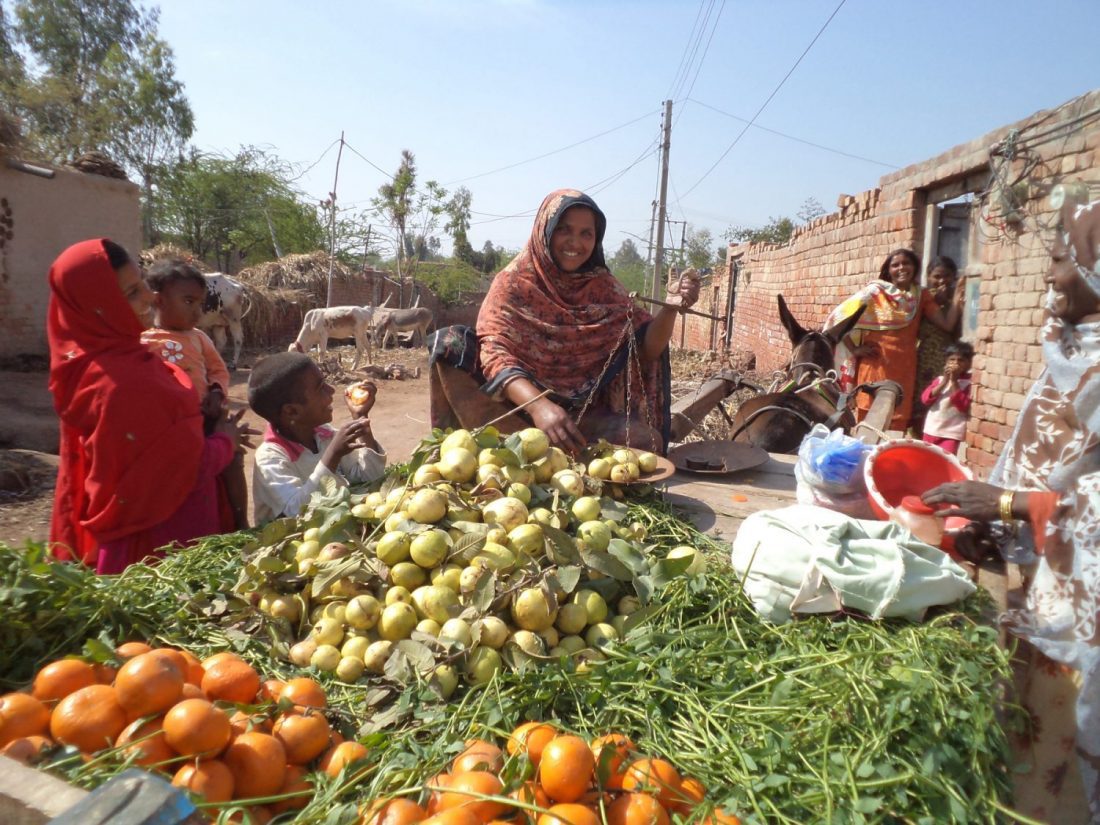 Mother and Child Health Clubs strengthen Pakistan’s health system.
Mother and Child Health Clubs strengthen Pakistan’s health system.
By Alana Goodwin –
The Salvation Army is working to improve maternal health and family planning in Pakistan through BASSIC (Building Advanced Strong Sustainable Independent Communities).
The four-year plan launched in 2013 to lower the poverty levels in several divisions––Lahore, Faisalabad, Sahiwal, Hyderabad and Peshawar. Funded by The Salvation Army’s Australia Eastern Territory, Salvation Army World Services Office and The Salvation Army Switzerland, BASSIC works to empower communities through skill development, education and communication.
A staple of the project is the establishment of Mother and Child Health Clubs (MCHC), which operate through BASSIC in Pakistan, linking families to government health services and basic health education. Lessons range from family planning, the different stages of pregnancy, childbirth, seasonal diseases, food for babies, understanding puberty and the importance of washing your hands. The project has spawned over 80 clubs with upwards of 2,200 women participating in more than 300 educational workshops and seminars.
Chak is a village in the Sahiwal District in Punjab. Before BASSIC, there was no medical equipment or medicine available in Chak, which is isolated from the nearest medical health clinic or hospital. Now with the establishment of its MCHC, women and children can receive pre- and post-natal checkups and family planning advice.
According to the United Nations, there are 10 midwives per 1,000 live births in Pakistan. The lifetime risk of death for pregnant women is 1 in 93.
A volunteer nurse at the MCHC in Chak shared that there has been a reduction in high blood pressure in mothers, as well as fever, flu, coughs, diarrhea, dengue fever and polio.
 “It is easy to check blood pressure and temperature now. We regularly check pregnant women for high blood pressure,” she said. “If the blood pressure is high, we can get them to hospital before something happens…Polio used to be a taboo subject, but through education and providing polio drops it is now an acceptable topic to talk about.”
“It is easy to check blood pressure and temperature now. We regularly check pregnant women for high blood pressure,” she said. “If the blood pressure is high, we can get them to hospital before something happens…Polio used to be a taboo subject, but through education and providing polio drops it is now an acceptable topic to talk about.”
Women in health clubs in Islamabad, Jahania and Jaranwala shared what they have learned in MCHCs.
“We are learning how to make healthy food our children will like and they will happily eat, like pudding, noodles with milk and rice,” one mother said. “Our children enjoy their new food very much.”
Another mother added: “Our children have been given vaccinations so they will be safe from disease. We also learned about violence against children. Now we are avoiding using physical discipline with our children. When we want them to understand something, we make them understand with love.”












